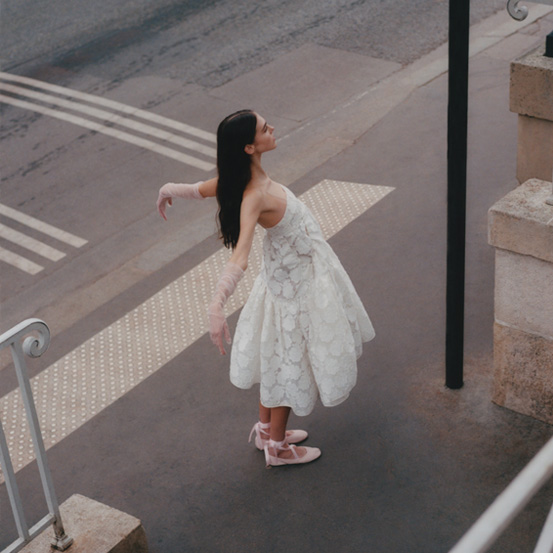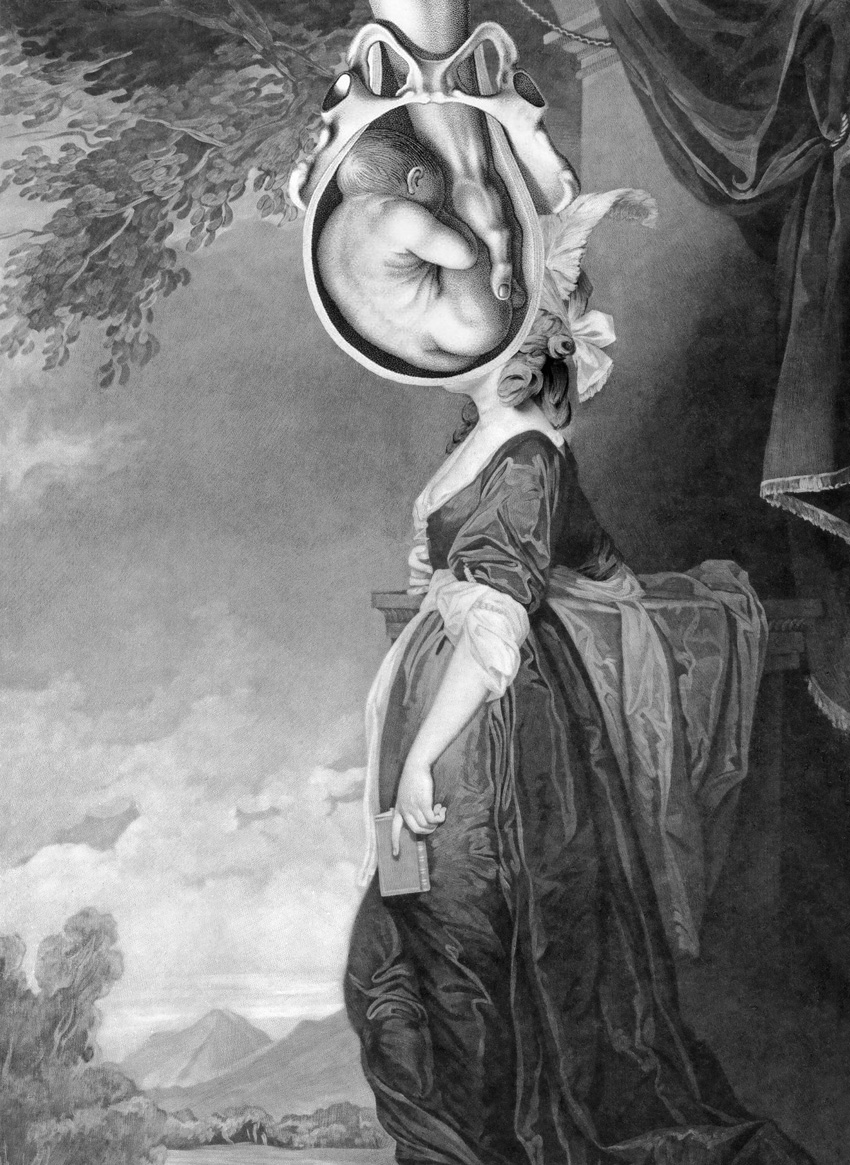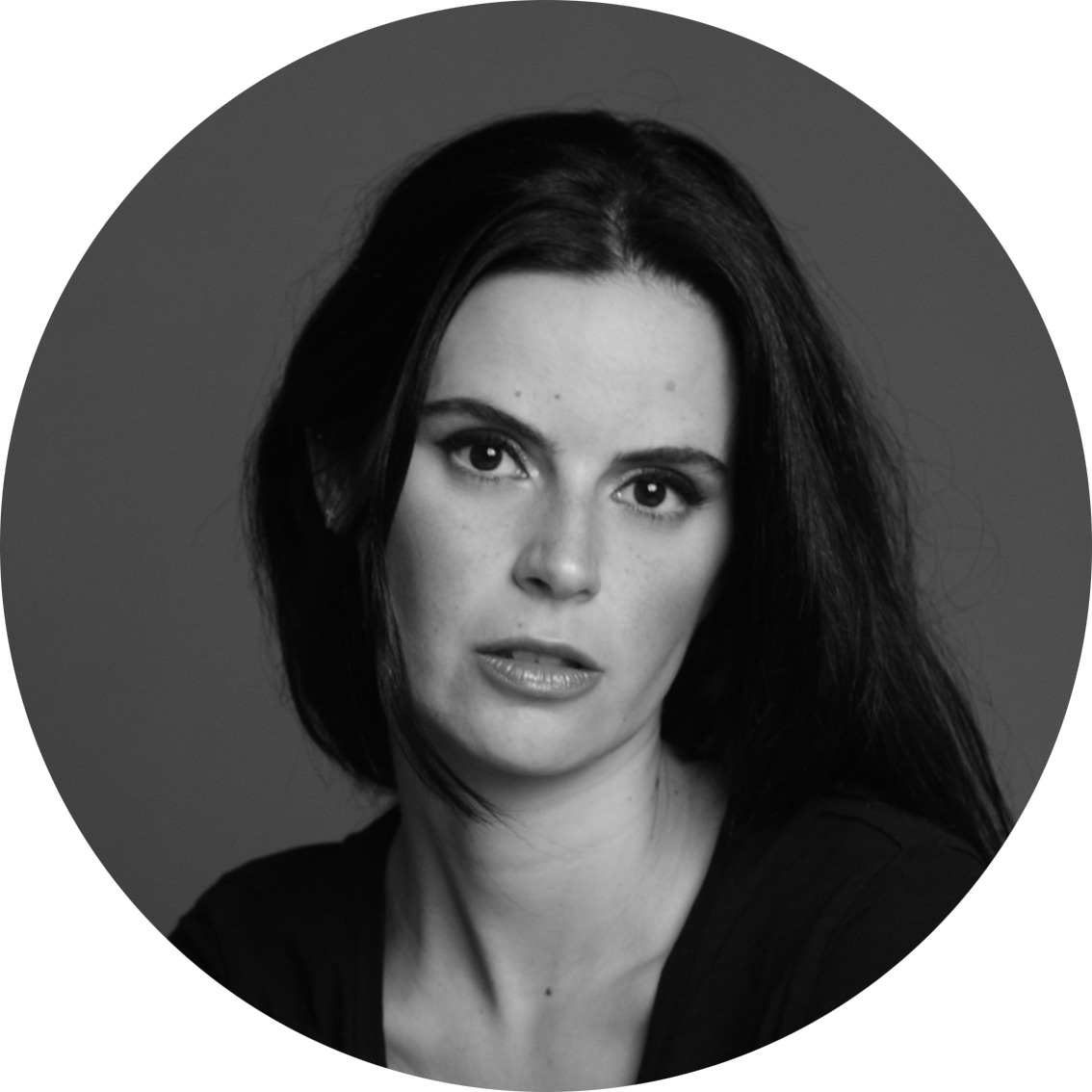The Mother Nature Issue
What is supposed to be an exercise in individual freedom provokes negative reactions that can range from criticism to insult. Society has become accustomed to scrutinizing other people's lives, to giving its opinion on any choice that deviates from the norm and, unconsciously or not, has imposed limits on the decisions that each person can make. “You don't want to have children? Why not?” This is a question that, in the 21st century, still makes many heads roll.
It is not a recurring dream. Rather, it's an apocalyptic vision that comes to me from time to time, for no apparent reason (Freud wouldn't agree), and that leaves me in a panic: I'm in the middle of the wreck of the Titanic, the mess is what you'd imagine from James Cameron's movie, and suddenly someone shouts: “On these boats, only women with children.” I grab my life jacket with all my strength and
and approach the man trying to control the uncontrollable; the first thing he asks me, with an air of disdain, is if I'm alone. I tell him yes. “Then you'll have to wait until we can get all the women with children to safety.” I feel an indescribable pain in my chest and see myself falling to the ground. And suddenly the ship begins to sink at an overwhelming speed, sending me and other “sinners” like me into pitch-black water. Okay, maybe it's an intermittent nightmare that torments me because of certain life choices - which, coincidence or not, are more or less the result of a destiny that insisted on pushing me towards the conclusions I've reached. I don't want to have children. There have been times when I thought I wanted to. Other times when I thought I was supposed to. Other times when I blamed myself for not wanting to. When I realized that it was practically impossible to be a mother due to medical problems (I have an autoimmune disease that complicates certain aspects of my daily life), I experienced an unprecedented inner struggle. I thought I was being “punished” for never dreaming of bottles and diapers. I felt abnormal - let's leave the quotation marks aside, giving birth is the most natural thing in the world, knowing you can't do it is strange and unnatural - I felt diminished, I felt less of a woman. It's one thing to decide not to have children, it's another not to be able to. And that, I knew early on, would be my reality. Perhaps the universe wanted to teach me a lesson, I repeated over and over again, with the weight of a castrating society bearing down on my shortcomings. Until I finally realized that there was no reason for this “punishment.” It took a long time, many therapy sessions, but eventually I reached a kind of peace that allows me to talk about the subject without feeling ashamed of my choice - and without having to use a pseudonym to sign this text, even though, inside, I'm scared to death of the judgment that still prevails all over the world, especially the virtual one.
“Oh, don’t worry, there's still time. You'll see!” The conversation always ends on this note. In a tone of pity, masked by condescending hope, like someone patting me on the shoulder, invisibly, and suggesting that “it's still going to happen” - it has to happen. “Someday you'll change your mind.” It's not possible for me to stay like this, alone, without children. “Such a cute girl!” It's irrelevant to emphasize my age (42), my will, the life choices that have brought me this far - even the health situations that, had I been undecided, would have helped me make the “decision”. One day, when I “least expect it”, a baby will fall out of the sky, from a stork's beak, as tradition dictates. Because that's how it should be. The point is that I never imagined myself with that baby. Although I don't remember ever thinking specifically that I wanted to be a mother - not even when I played with Nenucos as a child - I also never wasted time thinking that I didn't want to be a mother either. That was a matter for the future. But then, directly or indirectly, we're taught that girls grow up to be mothers, because their bodies are ready for it, because it's the law of life, because “that's the way it is.” These Nenucos, I realized much later, are not just toys. They are tools that help us, in a playful way, to train, think, speak and act like mothers. It's curious and perverse at the same time - fairytale princesses have turned successive generations of girls into eternal romantics waiting for princes charming to come and “save” them - because it distorts children's innocence to some extent. A little parenthesis: let's not cancel the Nenucos, please. We need to know what to bring into the woke movement. I don't think that's the case. It's important to go back to reading - essays, articles, chronicles - as what they are (a reflection) and not as what we want them to be (a call to revolt). Moving on.
My decision raises a lot of questions for those who see me growing old “alone”, with no direction and no one to look after me when I'm old and ugly (I'm already insufferable). Let's take a look at these points: we all die alone, even those of us who have been lucky enough to be happily married for 50 or more years, with four children and ten grandchildren. This is a singular journey, so trying to get around it by putting more people in the world out of fear would be completely self-centered. Wanting or not wanting children is not something that can be explained with mathematical equations. Nobody can say (at least I can't) for sure why she doesn't want to - even though, at various times, she does. Millions of times I thought I was going to be the best mother ever, I imagined myself with a baby in my arms, playing with him... but in all these idyllic daydreams he always ends up going to sleep at someone else's house. In the end, it all comes down to atrocious selfishness, doesn't it? I wouldn't trade my freedom for anything. And if to write this is to assume that I'm the worst person on the planet, then yes, I am the worst person on the planet. What's more, I'm terrified of that kind of love that's bigger than anything, which would leave me incapable of taking action. I see it in my nieces, whose safety takes away my dreams. If I would give my life for them, what would I do for a son? I wouldn't be capable of such a responsibility. I take it on, fully aware of how incongruous it may seem. Because of this, I've asked several friends, several times, if they wanted to have children or if they wanted to have a baby, and my question has always been met with astonishment: “But isn't it the same thing?” No. A baby is a transitional phase for the person that child will become. It's not something you can exchange if you are not happy witht; they say that a baby turns your existence into a bubble of love, but that is just the first step of a free-thinking being who is in your care until the end of your life. And who didn't ask to be born. He'll have flaws, he'll have ideas, he'll make mistakes, he'll go against what we had in mind for him, and it's up to us to be by his side, always. The responsibility is all ours. I don't know if this is taken as seriously as it should be. That's what makes me feel slightly at peace with my decision. It's controversial, people say, it's unusual, people insist, it's individualistic, people condemn it. But it's thoughtful and conscious.
At this point, it's more than obvious that I'm still apologizing for something that only concerns me. How is that possible? I shouldn't even have to explain anything to anyone! What's more, why doesn't anyone ask the question the other way around? Why doesn't anyone walk up to a woman and say: “Why do you want to have children?” Would it be so unreasonable? In 2016, Observador published an article entitled These women don't want to be mothers. So what? It sounded promising. But right at the beginning, it read: “Four women tell us in the first person why they don't want to have children, in a society that still defines them by that role. A sociologist and a psychiatrist comment.” I can't think of any feature about four women who want to have children - with the added bonus of having experts analyzing the “phenomenon.” It's this feeling of strangeness that continues to hang over those who choose something different. To go so far as to ask a sociologist and a psychiatrist to comment on the decision not to have children is frightening. It seems harmless, but it's not. It's precisely the same thing as asking a sociologist and a psychiatrist to comment on someone's sexuality. I thought we were past that stage.
Apparently not. In the midst of the thousands of articles online that try to treat the subject as something banal, but which barely manage to hide an obsolete thought about it, I found this, written by Clara Não, in Expresso: “When I see and hear conversations in which some cis woman says she doesn't want to get pregnant, every now and then it involves an unsolicited biology tirade: ‘but your body was designed to get pregnant and procreate’. I don't give a damn what it was designed for, or what it's no longer designed for. My body is mine. My head was also created to think for itself. Besides, the body of an infertile woman is no less valuable than that of a fertile woman and a woman who has not been a biological mother is no less a woman than one who has.” The content of her testimony, which I recommend reading, is very similar to mine - I even thought about calling her and asking her to quote it from beginning to end. But then I remembered that it's important to share, to insist, to take risks. So I'll end as I began: no, one of these days, I am not going to change my mind.
Originally published in The Mother Nature Issue, from May 2024. Full stories and credits are in the printed version.
Most popular
.jpg)


Relacionados



.jpg)
Anna Wintour e o presidente da câmara de Milão, Giuseppe Sala, revelam a localização do Vogue World 2026
24 Feb 2026



